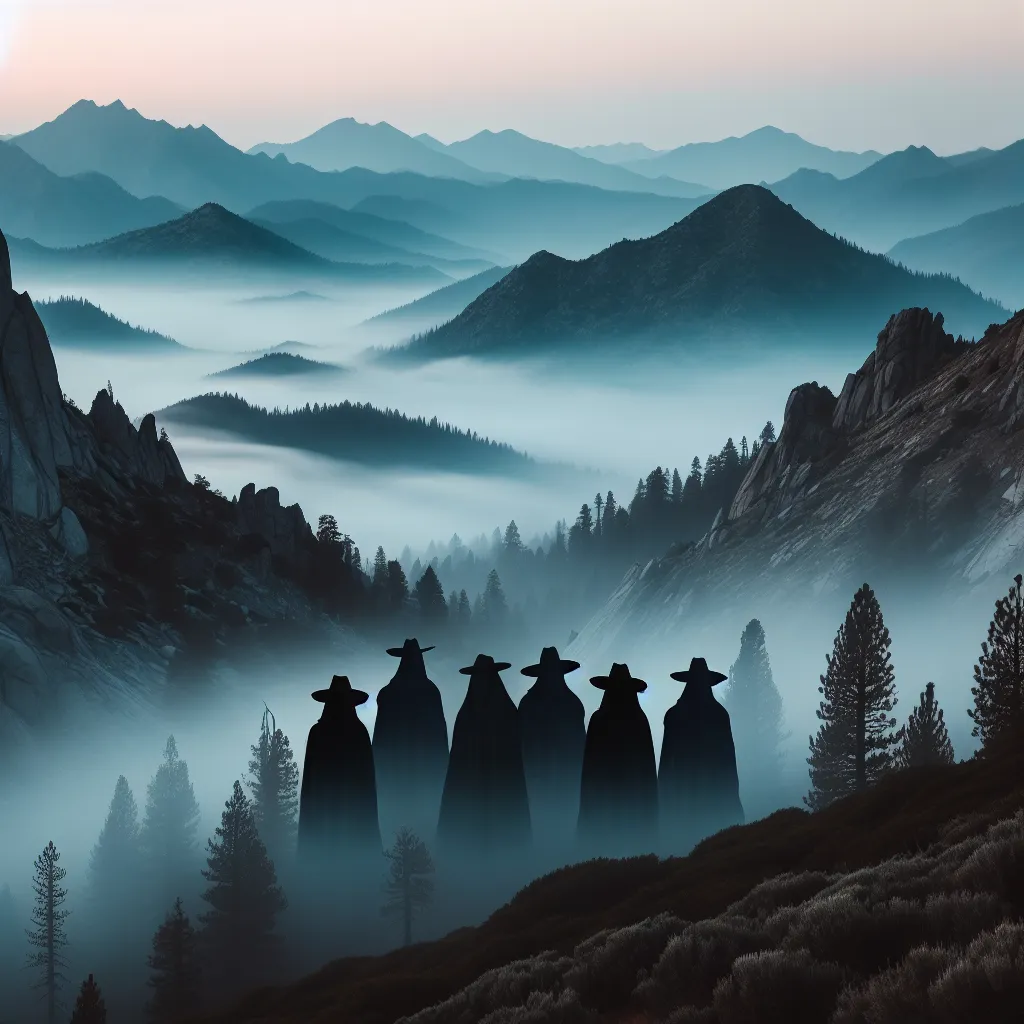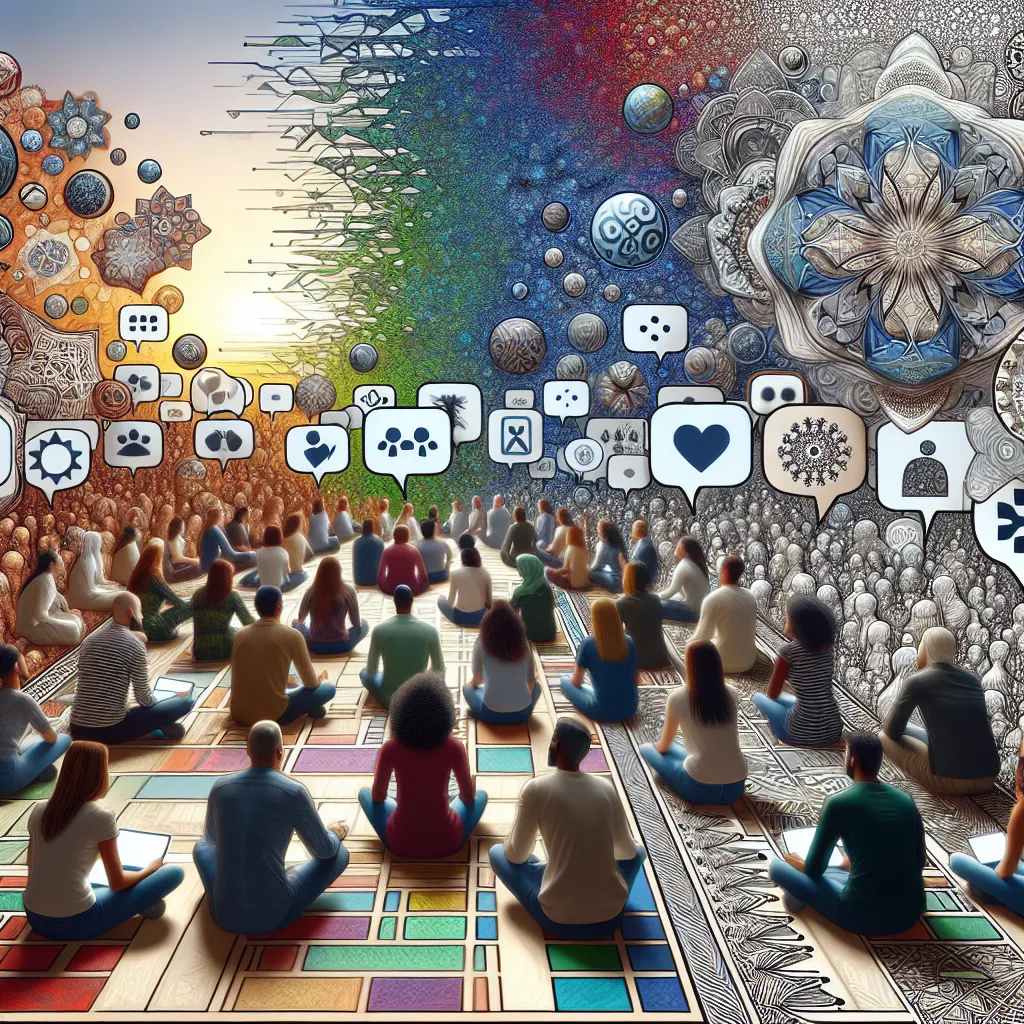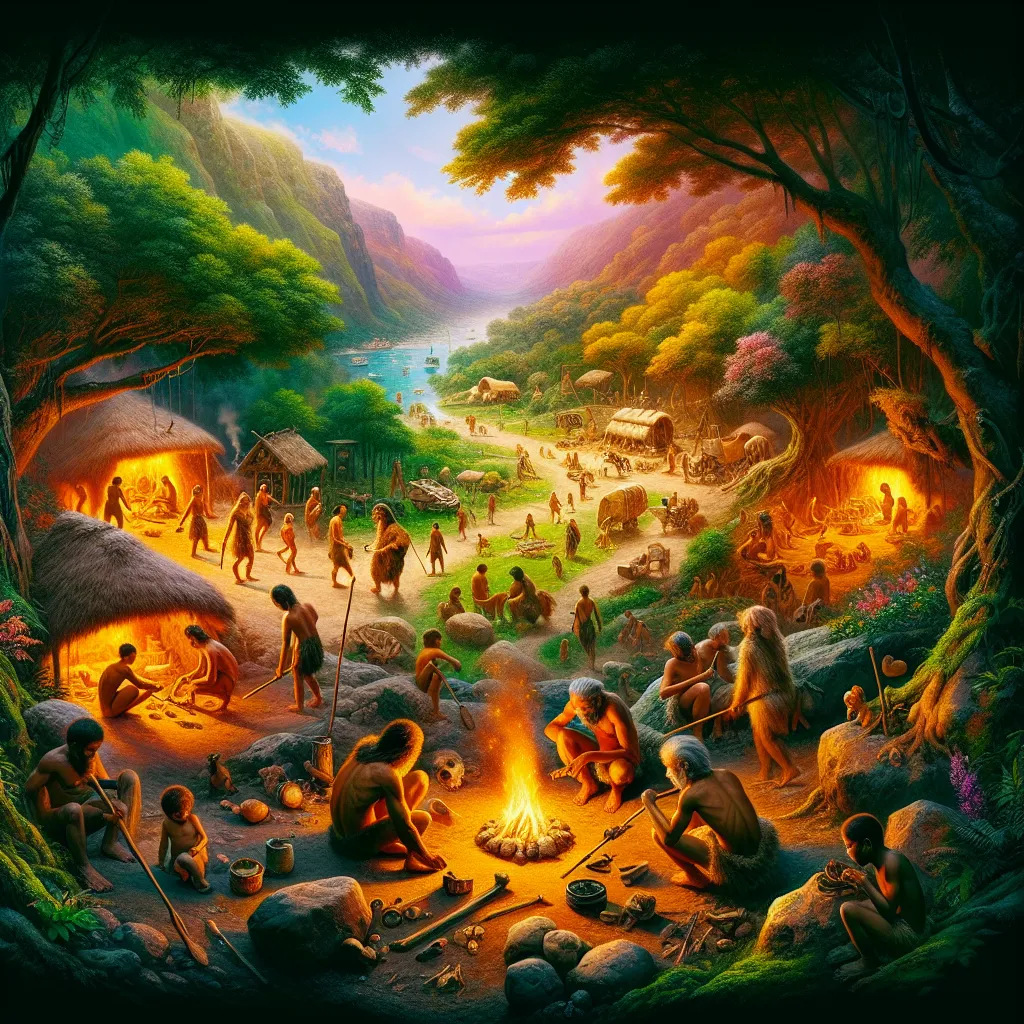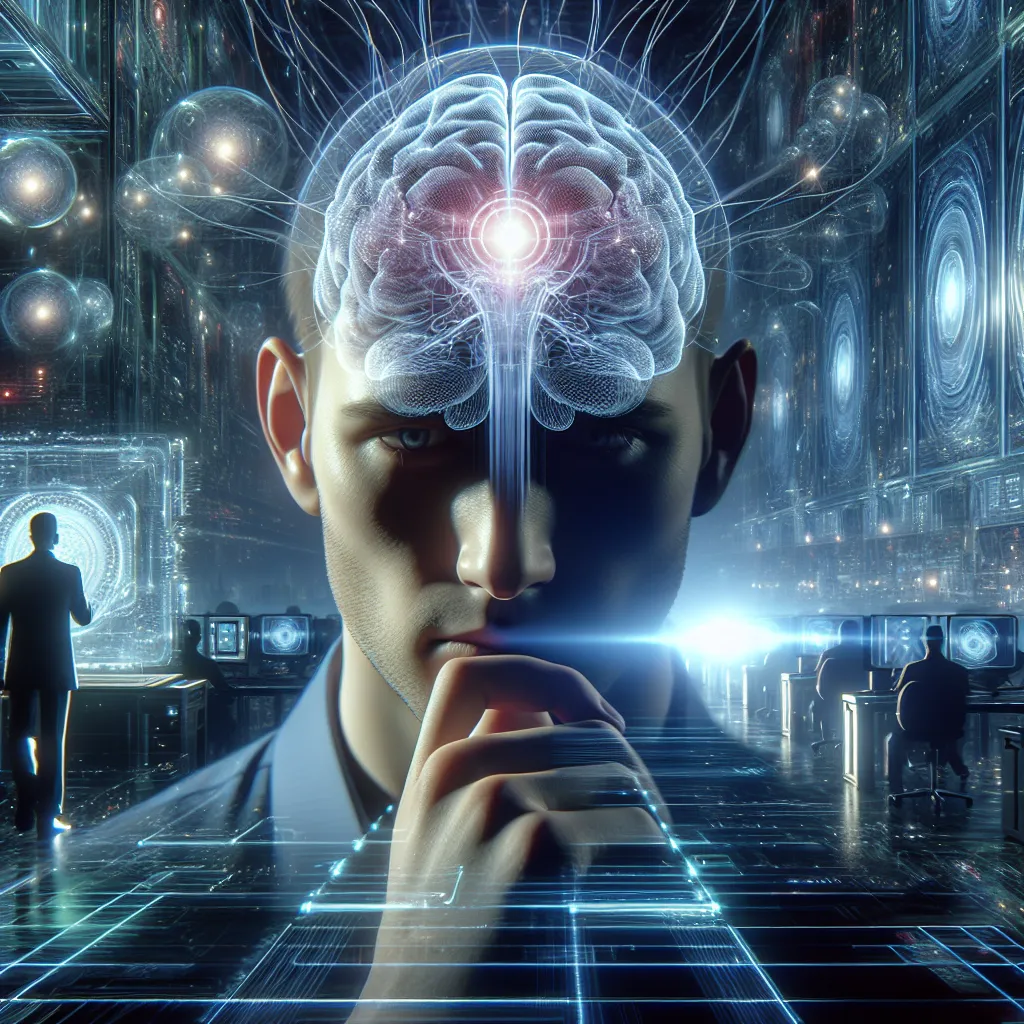Over the last ten years, milk has sparked a lot of debates. Some people swear by it for strong bones, while others claim it can cause serious health problems like cancer. So, who’s right?
Let’s break it down. Milk is the first food mammals consume after birth. It’s packed with fats, vitamins, minerals, and lactose, a sugar. Initially, it even has antibodies to protect infants from infections. But making milk is a big job for mothers. As we grow, we switch to our parents’ diet.
About eleven thousand years ago, humans started farming and domesticated animals like goats, sheep, and cows. These animals turned useless stuff into nutritious milk, which was crucial during tough times. Because of this, people who could digest milk had an evolutionary advantage.
This advantage is linked to the enzyme lactase. Babies have plenty of lactase to digest lactose. However, as we age, many of us produce less. Around 65% of people lose this enzyme after childhood, leading to lactose intolerance. The rates of intolerance vary globally; it’s highest in East Asia and lowest in Northern Europe and North America.
The controversy around milk involves numerous health claims. Some studies linked milk to breast, colon, and prostate cancer, but later research found no consistent impact. On the contrary, the calcium in milk might even help protect against colon cancer. However, drinking over 1.25 liters of milk daily might increase prostate cancer risk, though this is still debated.
When it comes to heart disease, stroke, or overall mortality, studies find no significant impact from milk. Some suggest dairy might lower high blood pressure, but evidence is shaky. The effect of milk on bones is also unclear; some studies show no strong positive or negative impacts.
Many worry about hormones, pesticides, or antibiotics in milk. While milk does have hormones, the amounts are tiny and often destroyed by digestion. Regulations ensure pesticide and antibiotic levels in milk are safe.
Allergies and acne are real concerns. Skim milk might increase acne rates by 24%. Milk allergies are common in kids but often improve with age.
So, is milk healthy? For most people, milk is nutrient-dense and provides necessary vitamins and minerals. It’s especially useful in regions with limited food options.
But milk isn’t perfect. It’s not essential for health and has a substantial carbon footprint. Dairy farming uses significant cropland and contributes to greenhouse gas emissions.
The dairy industry also faces ethical issues, with many animals enduring poor conditions. Plant-based milks are an option, with soy milk nearly matching cow’s milk in nutrients. Lab-grown milk is another emerging alternative.
Plant-based milks generally have a lower environmental impact. The best choice for the planet is a regional milk alternative.
Milk is complex. It’s generally safe and nutritious but has environmental and ethical downsides. Society needs to decide how to address these facts.






